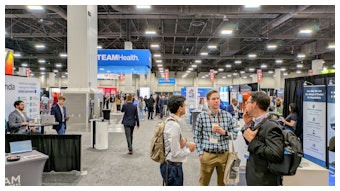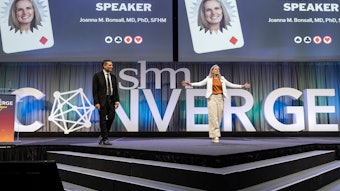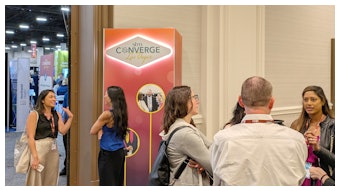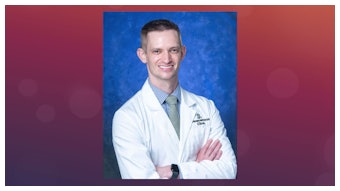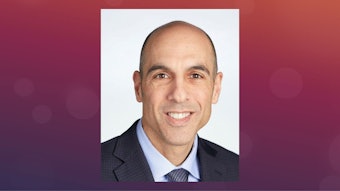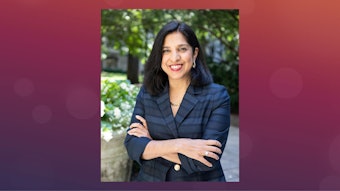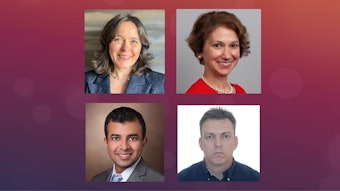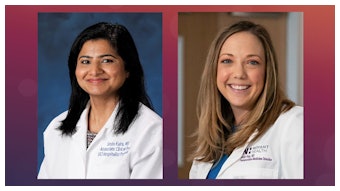Practical solutions for work-life balance
Meeting the challenges of maintaining a family and a career in a hospital setting may be clearer post-pandemic.
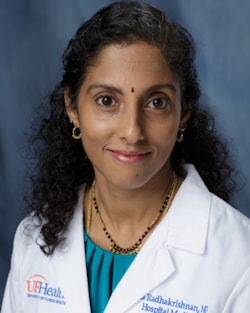
Working in hospital medicine has always presented challenges, particularly for women who also often carry the bulk of family responsibilities and provide caretaking.
“We know from existing literature that women physicians and women, in general, do the bulk of childcare and eldercare,” said Nila Radhakrishnan, MD, associate professor of medicine and chief of hospital medicine at UF Health in Gainesville, Florida.
The pandemic exposed underlying issues at the personal and professional levels, which underscored the importance of infrastructure and backup plans to maintain the delicate work-life balance.
On a clinical level, “we quickly learned that our benches weren’t full enough,” said Kirsten Nieto, MD, associate professor in the department of internal medicine and associate chief of hospital medicine at the University of Texas at Austin’s Dell Medical School.
“We needed more of a sustainable buffer in our hospital workforce to accommodate increases in patient volumes and to maintain staffing when individuals are out sick,” Dr. Nieto said.
“On a personal level, we depend on a village of support to maintain our work and family responsibilities, including teachers, household helpers, daycare providers, grandparents, and neighbors, to help make it sustainable,” Dr. Radhakrishnan said. “During the pandemic, that village wasn’t able to help because of their own situation during a time when women physicians needed to rise to the challenge of an additional clinical load.”
As the world begins to return to a post-COVID world, it’s time for reflection. What did the pandemic teach us that will help women in hospital medicine succeed? Which policies, programs, and systems are sustainable? Which programs didn’t work and need to be retooled?
During Saturday’s workshop, “Wonder Women: Exposing Workforce Woes and Supporting Sustainable Hospitalist Careers,” Drs. Nieto and Radhakrishnan will lead a forward-thinking session about the experience of women in the workforce and hospital medicine. The session will focus on what jobs should look like in the future and what can be gleaned from some of the innovations and novel ways of caring for patients initiated during the pandemic.
Get ready to roll up your sleeves. The doctors will review existing bodies of literature. Then, participants will break out into small groups for problem-solving discussions about how to make the hospitalist role and all jobs in health care more family-friendly and balanced moving forward so women can thrive.
“There's a tremendous amount of hope because our hospital medicine workforce has unique expertise as it relates to process and quality improvement,” Dr. Nieto said. “Ultimately, the solution to creating sustainable jobs requires an organizational and systems-level approach and a culture of engagement and accountability. The workshop will be valuable for anyone who wants to advance diversity and find ways to keep their group feeling supported and valued, because that's when people bring their best to work.”
Visit SHM Meeting News Central for more coverage.

